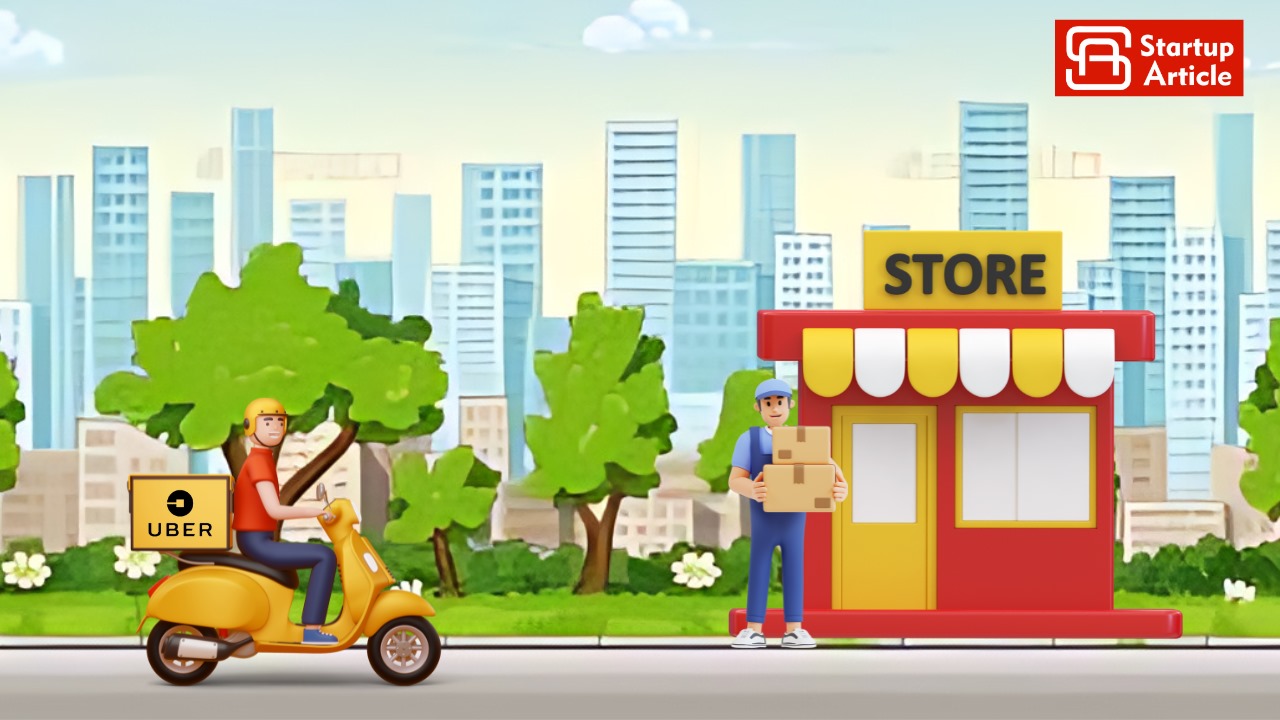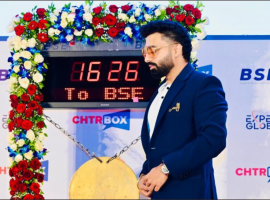According to the report, Uber currently facilitates item delivery, with customers paying directly to the stores. However, there are plans for Uber to manage payments on behalf of store owners in the future. Although there hasn’t been an official announcement regarding the launch of this service, Uber has introduced a “store pickup” option in its app.
It’s important to note that Uber has been offering package pick-up and drop services in various Indian cities through two-wheelers. Uber surprised many by reporting a net loss of $654 million for the first quarter, largely attributed to legal settlements. This figure contrasts sharply with the anticipated profit of $474 million, as reported by The Wall Street Journal.
Uber has strategically ventured into India’s quick-delivery sector by launching a hyperlocal delivery initiative in nine major cities. This move places Uber in direct competition with venture capital-backed startups like Zepto, Swiggy Instamart, and Blinkit. The company aims to facilitate item delivery from nearby grocery and departmental stores, utilizing two-wheelers for efficient transportation. Further, it plans to handle payments for store owners in the future. Despite reporting a significant net loss for the first quarter, Uber’s foray into hyperlocal deliveries signifies a strategic shift in its service offerings.




